Regular readers will notice a lull in the frequency of posting here on Good Reason. Part of that is that I got a new job that’s keeping me busy, but then I have been busy before. And lately I’ve felt like I’m running out of things to say. But it’s not really that.
Something’s been paining me about Movement Atheism. Elevatorgate was an uncomfortable wake-up call, but I managed to hit snooze. The recent TAM difficulty renewed my discomfort. In both cases, a female atheist blogger expressed perfectly reasonable discomfort with unwanted sexual attention, and was met with rape threats (from the most unhinged) or self-serving counter-arguments (from a lot of atheist guys). The casual and not-so-casual sexism of atheist guys really bugged me. Weren’t we progressive thinkers? Why was this going so wrong? And then Thunderf00t’s actions on Freethought Blogs gave me a rising sense that something bad was happening to my movement. This made it easy not to blog. I was busy, after all. I had other things to do. And it hurt to watch, so I turned away. In the words of Leonard Cohen, I ached in the places where I used to play.
So I was encouraged by this blog post by Jen McCreight.
I don’t want good causes like secularism and skepticism to die because they’re infested with people who see issues of equality as mission drift. I want Deep Rifts. I want to be able to truthfully say that I feel safe in this movement. I want the misogynists, racists, homophobes, transphobes, and downright trolls out of the movement for the same reason I wouldn’t invite them over for dinner or to play Mario Kart: because they’re not good people. We throw up billboards claiming we’re Good Without God, but how are we proving that as a movement? Litter clean-ups and blood drives can only say so much when you’re simultaneously threatening your fellow activists with rape and death.
It’s time for a new wave of atheism, just like there were different waves of feminism. I’d argue that it’s already happened before. The “first wave” of atheism were the traditional philosophers, freethinkers, and academics. Then came the second wave of “New Atheists” like Dawkins and Hitchens, whose trademark was their unabashed public criticism of religion. Now it’s time for a third wave – a wave that isn’t just a bunch of “middle-class, white, cisgender, heterosexual, able-bodied men” patting themselves on the back for debunking homeopathy for the 983258th time or thinking up yet another great zinger to use against Young Earth Creationists. It’s time for a wave that cares about how religion affects everyone and that applies skepticism to everything, including social issues like sexism, racism, politics, poverty, and crime. We can criticize religion and irrational thinking just as unabashedly and just as publicly, but we need to stop exempting ourselves from that criticism.
Ah, the Second Wave. Remember that? Coming out as an New Atheist, and not afraid to say it. Heady days. And remember how we used to feel like we were on solid ground when we said that ‘atheism is nothing more than a lack of belief in gods’? Except when you looked around at other atheists, that wasn’t really true. We really did have other things in common besides just our lack of belief. We were attracted to a constellation of issues, including skepticism, secularism, science, political progressivism, and (pretty uniformly) equality for LGBT people.
I see this third wave — or as a commenter on Jen’s thread dubbed it, A+ — as a simple way of acknowledging that atheism can incorporate positive values, including social justice and gender equality. It can go beyond what I call ‘mere atheism’ and reflect the values that atheism draws us toward, but does not necessarily encompass.
An example of how this works: How do we get from atheism to respect for LGBT people? Many times I’ve seen atheists complain about LGBT posts on Reddit: “How did this get here? What does this have to do with atheism?” Well, not much to do with ‘mere atheism’, but a lot to do with actual atheism. It may be partly “the enemy of my enemy” thinking; religions have had gay people oppressed and killed, we don’t accept the right of religions to do this; ergo, we oppose it. And just as Richard Dawkins’ use of the ‘coming out’ metaphor has been apt in the case of atheists, we feel like our lack of societal acceptance and even ostracism from our families helps us make common cause with LGBT people, who endure much of the same.
So how do we get from atheism to acceptance of women as equals, deserving of respect? I see a clear line from skepticism to feminism. To be a skeptic is to constantly remind yourself that you may be wrong, that you need to keep revising your accepted beliefs, and there’s always more that you could be a little more skeptical about. Well, I’ve realised that I can do better at challenging my attitudes about sexism. Oh, but I don’t consider myself a sexist person, right? Maybe sexists never do. And if I’m truly not a sexist — if I’ve incorporated that value so thoroughly into my thoughts and actions — then why not say so?
So I’m saying so. I’m stepping beyond ‘mere atheism’ and reaching out for that third wave: A+. In some ways, it’s quite natural to do so, and in other ways, I can tell I’m going to have to do a lot of listening, thinking, and updating. But as a skeptical atheist, I can do that.
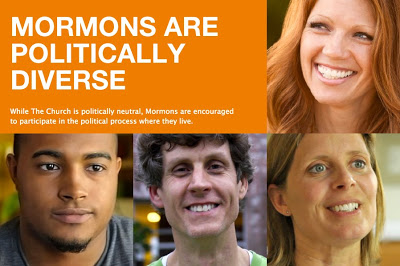

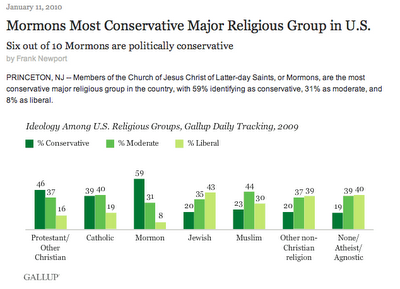
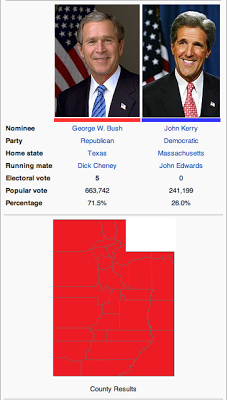
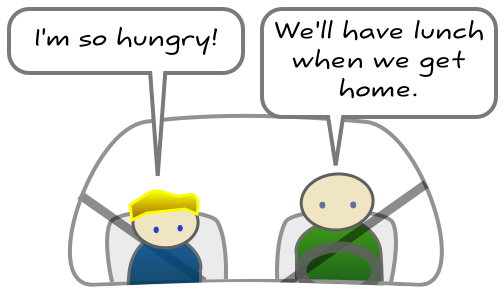



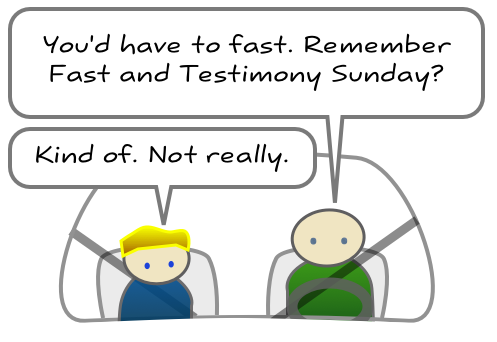
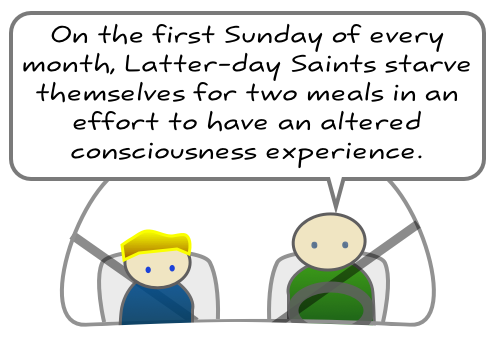
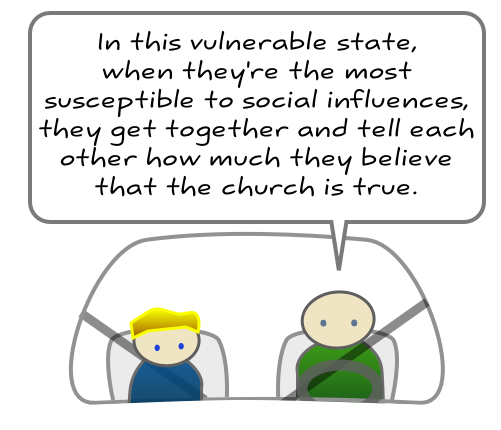
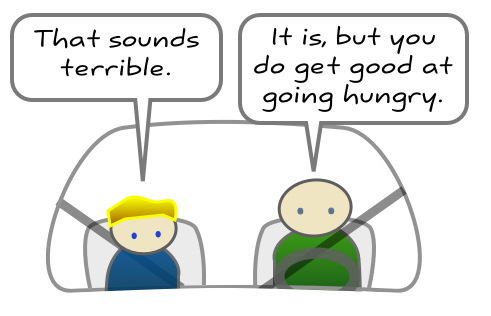
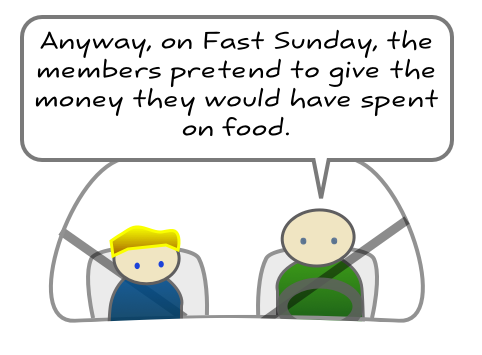
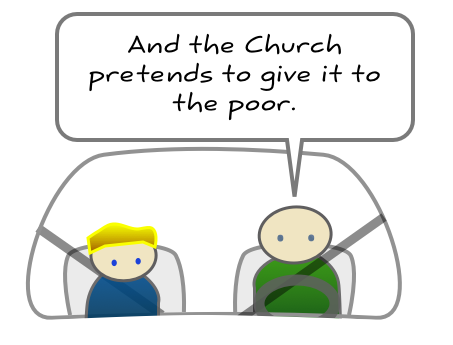
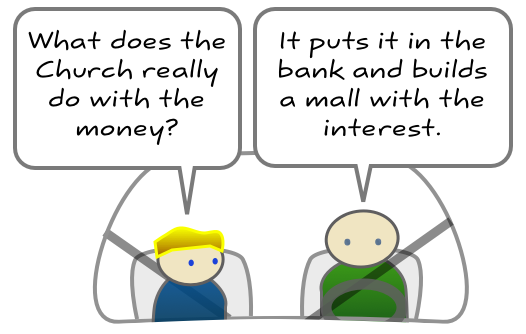
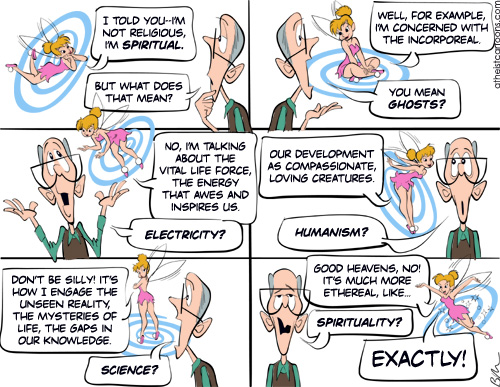

Recent Comments